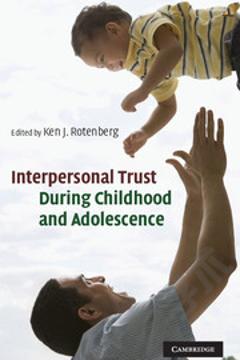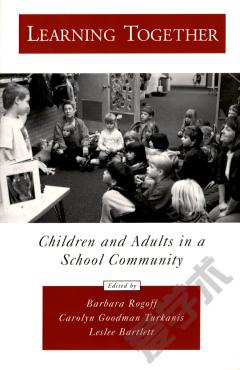Intergroup Attitudes and Relations in Childhood Through Adulthood
1. Intergroup Attitudes and Relations in Childhood Through Adulthood: An Introduction SECTION I: THE FORMATION OF INTERGROUP ATTITUDES AND RELATIONSHIPS 2. Children's subjective identification with social groups 3. Peer Group Rejection and Children's Intergroup Prejudice 4. The Development of Subjective Group Dynamics 5. Gender Stereotyping and Prejudice in Young Children: A Developmental Intergroup Perspective 6. The Development of Intergroup Social Cognition: Early Emergence, Implicit Nature, and Sensitivity to Group Status SECTION II: SOCIAL EVALUATION AND REASONING ABOUT INTERGROUP ATTITUDES AND RELATIONSHIPS 7. Intergroup attitudes and reasoning about social exclusion in majority and minority children in Spain 8. Explicit Judgments and Implicit Bias: A Developmental Perspective 9. A Social-Developmental Perspective on Lay Theories and Intergroup Relations 10. Multiculturalism and group evaluations among minority and majority groups 11. The Multifaceted Nature of Sexual Prejudice: How Adolescents Reason about Sexual Orientation and Sexual Prejudice SECTION III: FOSTERING CHANGE IN INTERGROUP ATTITUDES AND RELATIONSHIPS 12. An Integrative Approach to Changing Children's Intergroup Attitudes 13. The Common Ingroup Identity Model: Applications to Children and Adults 14. A Mutual Acculturation Model for Understanding and Undermining Prejudice Among Adolescents 15. The Role of Intergroup Contact in Predicting Children's Interethnic Attitudes: Evidence from Meta-Analytic and Field Studies 16. Intergroup Name-Calling and Conditions for Creating Assertive Bystanders
{{comment.content}}








 京公网安备 11010802027623号
京公网安备 11010802027623号